NATO Allies Face New Defense Spending Challenges Amid Political Shifts
Long vocal about his criticisms of NATO, Donald Trump has regularly accused member nations of relying too heavily on U.S. defense spending while failing to adequately invest in their own military capabilities. With growing momentum to increase NATO’s target for defense expenditure from 2 percent of GDP to 3 percent, member states may soon face heightened financial commitments.
Portugal, which currently allocates just 1.55 percent of its GDP to defense spending, has already pledged to meet the 2 percent benchmark by 2029, moving up its prior timeline of 2030. “We are making a significant effort to reach the 2 percent target by 2029 to demonstrate our dedication to strengthening defense,” Portuguese lawmaker Paulo Rangel said from his office in Lisbon.
Portugal also appears open to further expanding its commitments, should NATO adopt the higher 3 percent spending guideline. “We’re prepared to consider this,” Rangel remarked, adding, “We need to ready ourselves for these potential new demands.”
The issue of defense funding is set to dominate discussions when NATO ministers convene in Brussels on Tuesday and Wednesday. Other key topics on the agenda include support for Ukraine and its push to secure an invitation to join the alliance. Ukrainian Foreign Minister Andrii Sybiha will address NATO leaders, while Jordan’s King Abdullah II is scheduled to provide insights on the escalating Middle East conflict.
This meeting comes during a period marked by dramatic geopolitical and political shifts. Trump is on the cusp of returning to the U.S. presidency, while both French President Emmanuel Macron and German Chancellor Olaf Scholz face political vulnerabilities at home. Meanwhile, the European Union is transitioning into a new leadership era with a fresh European Commission and the appointment of Kaja Kallas as the bloc’s new high representative.
“There’s a new cycle ahead, not only because of a possible new American administration but also due to changes within NATO’s own leadership and the European Union,” Rangel emphasized.
As NATO faces mounting security challenges, decisions made during this ministerial meeting may have far-reaching implications for the alliance’s future priorities and its member states’ readiness to shoulder greater defense responsibilities.



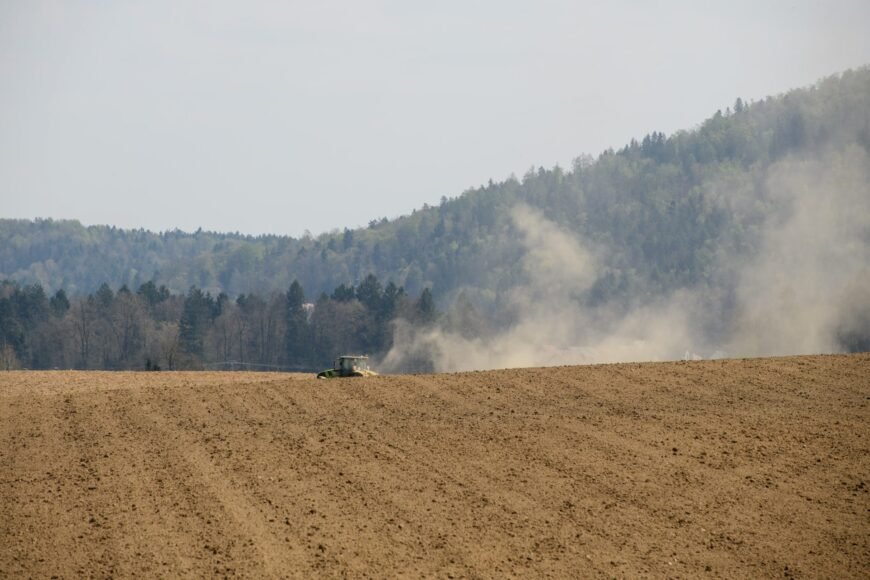
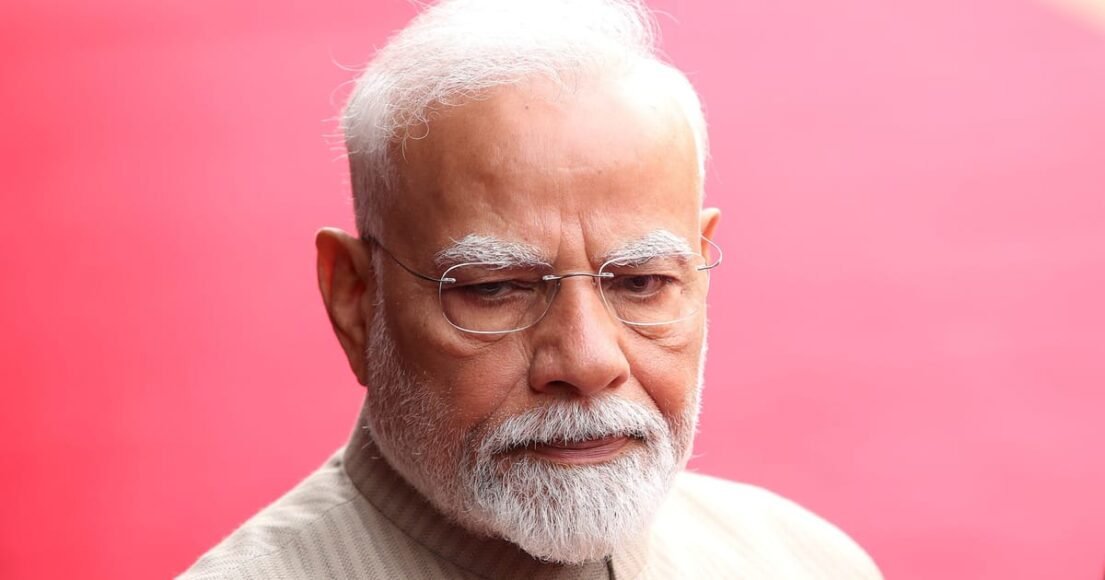
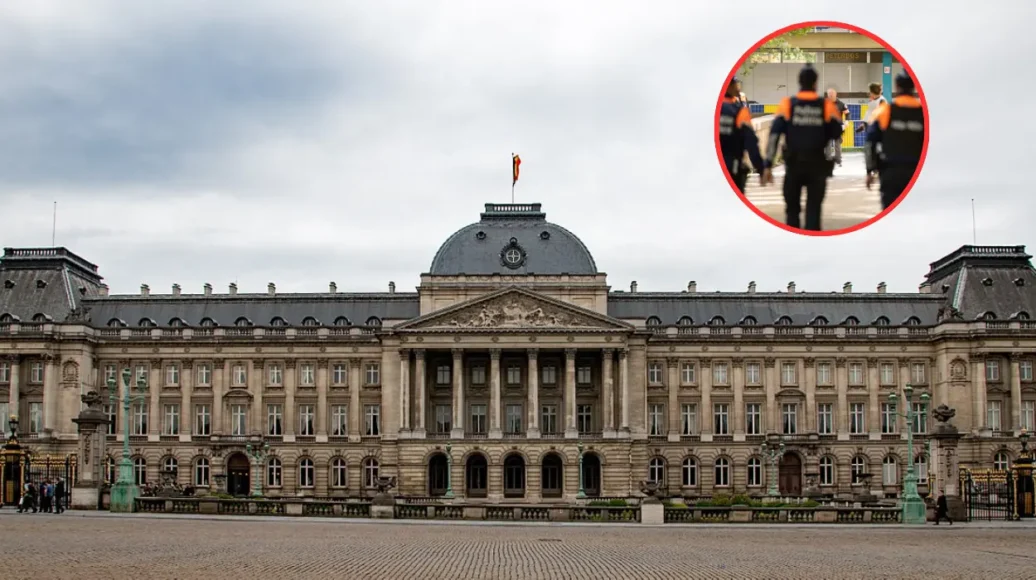

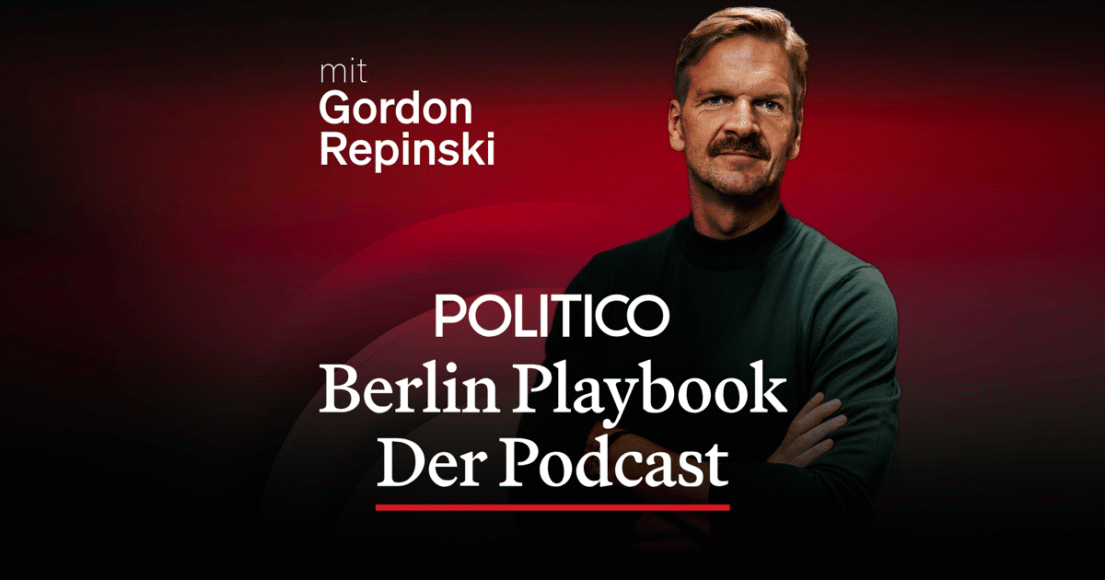

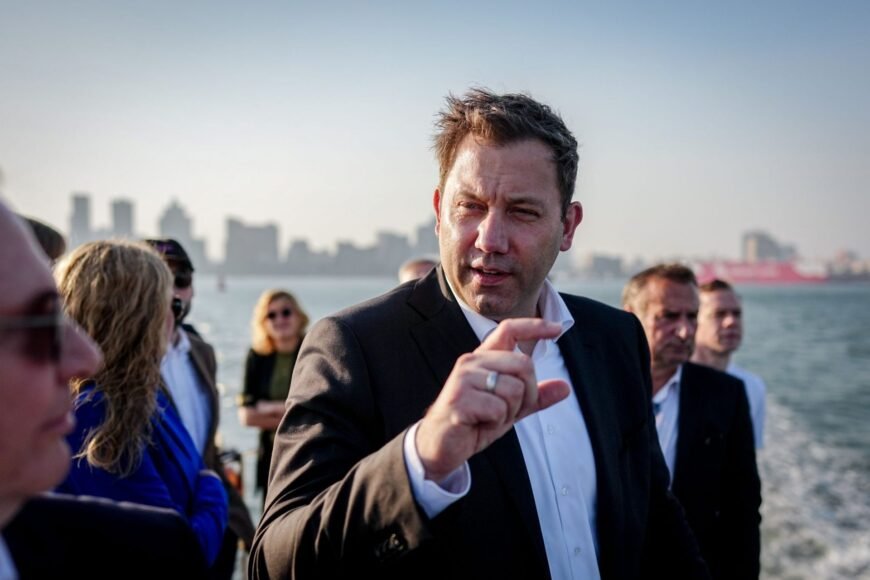

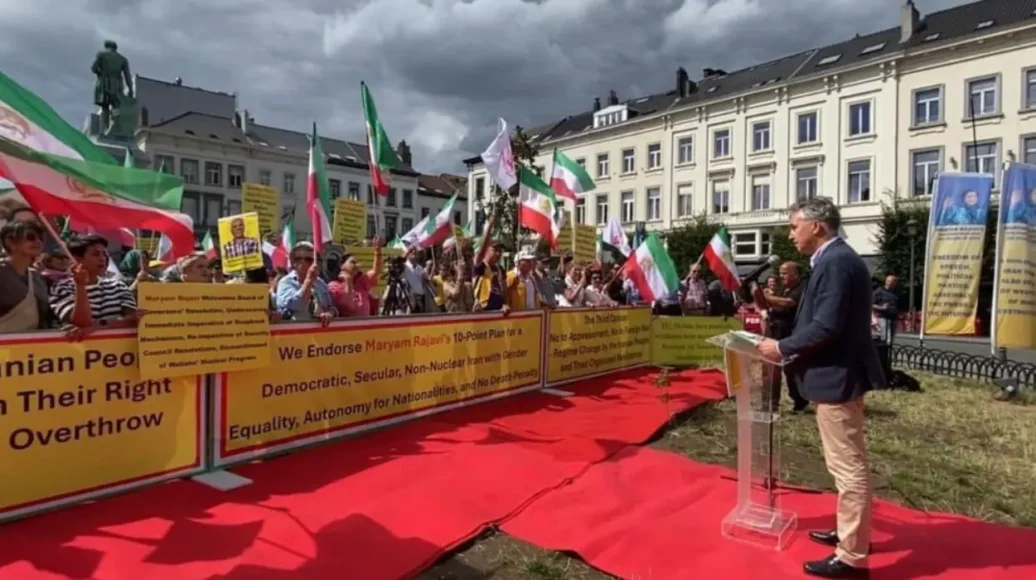

Leave a Reply